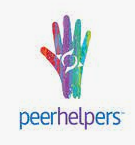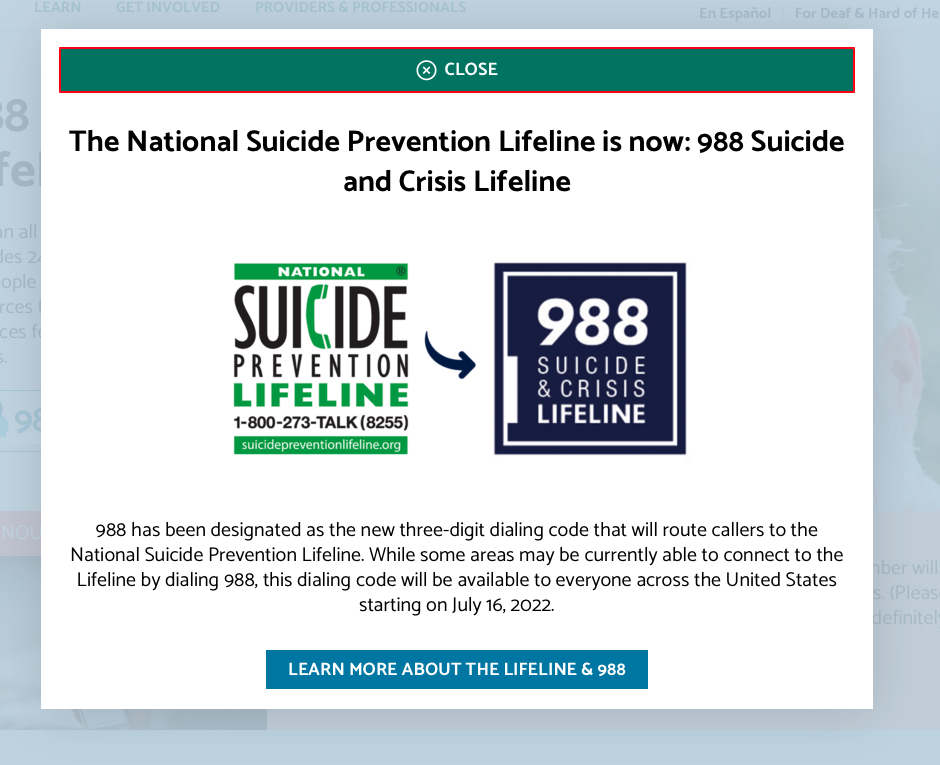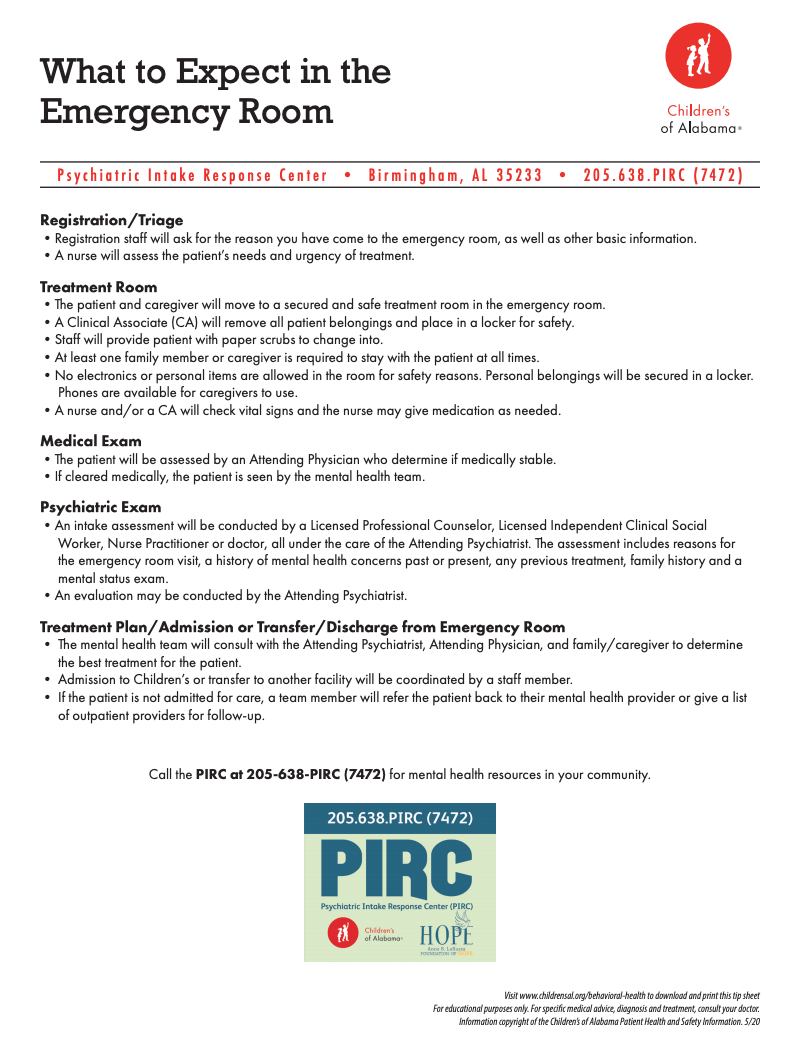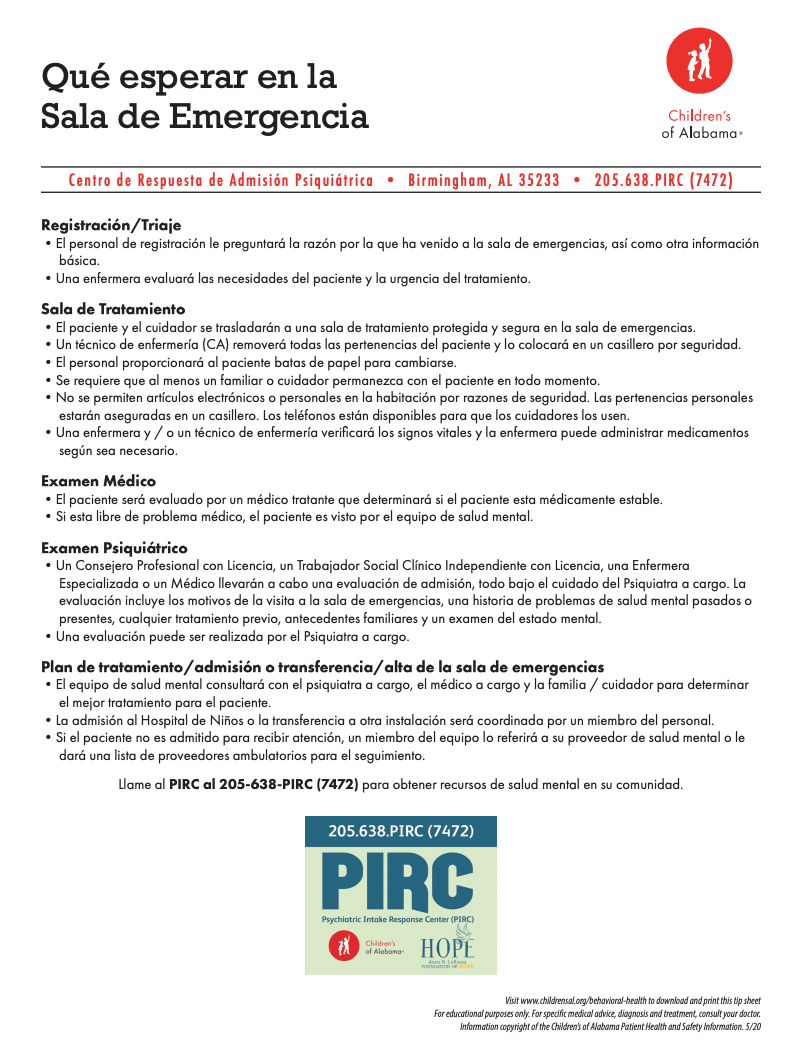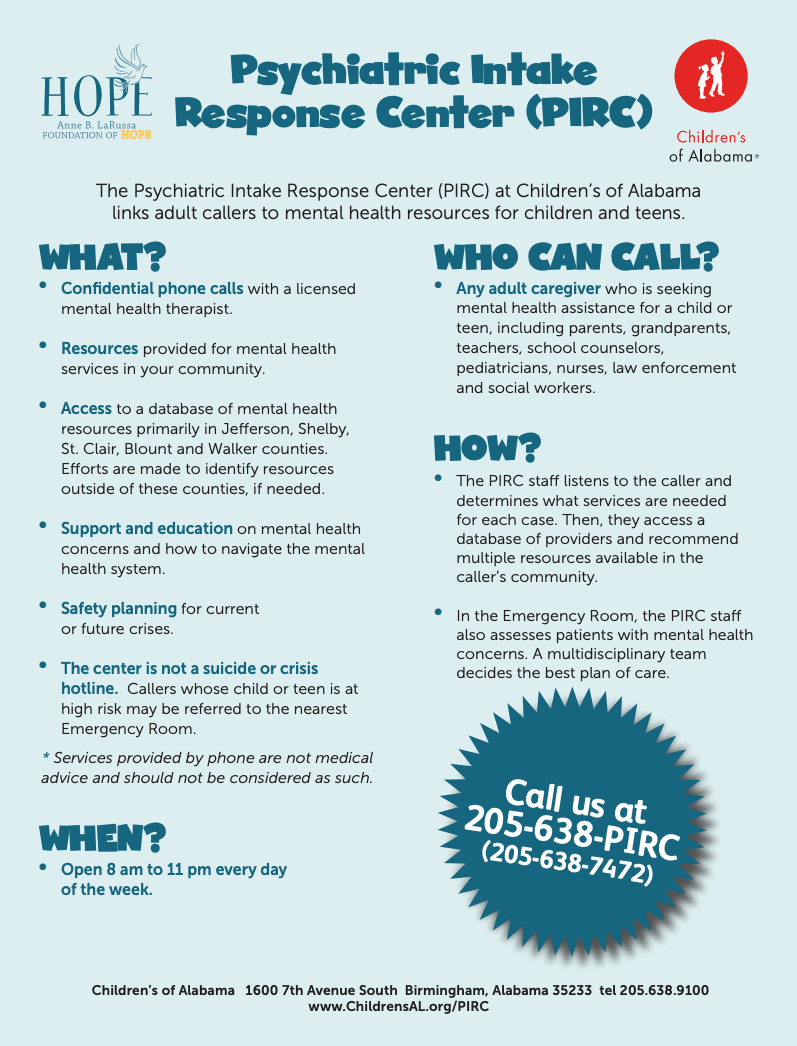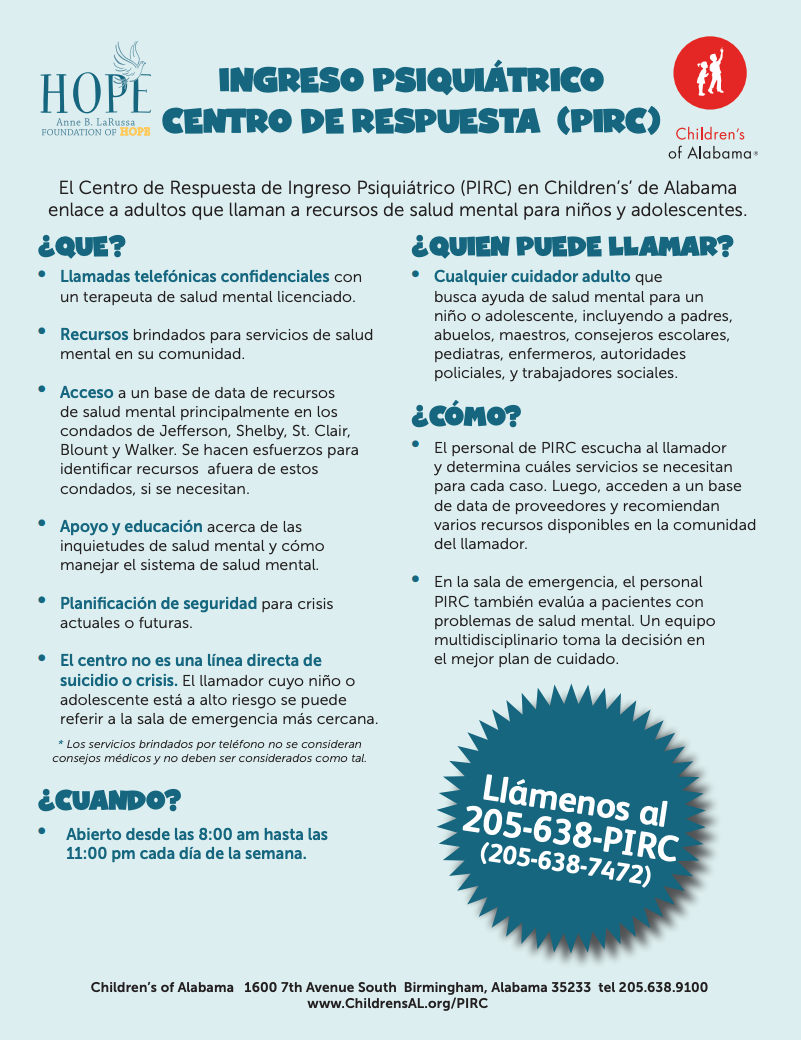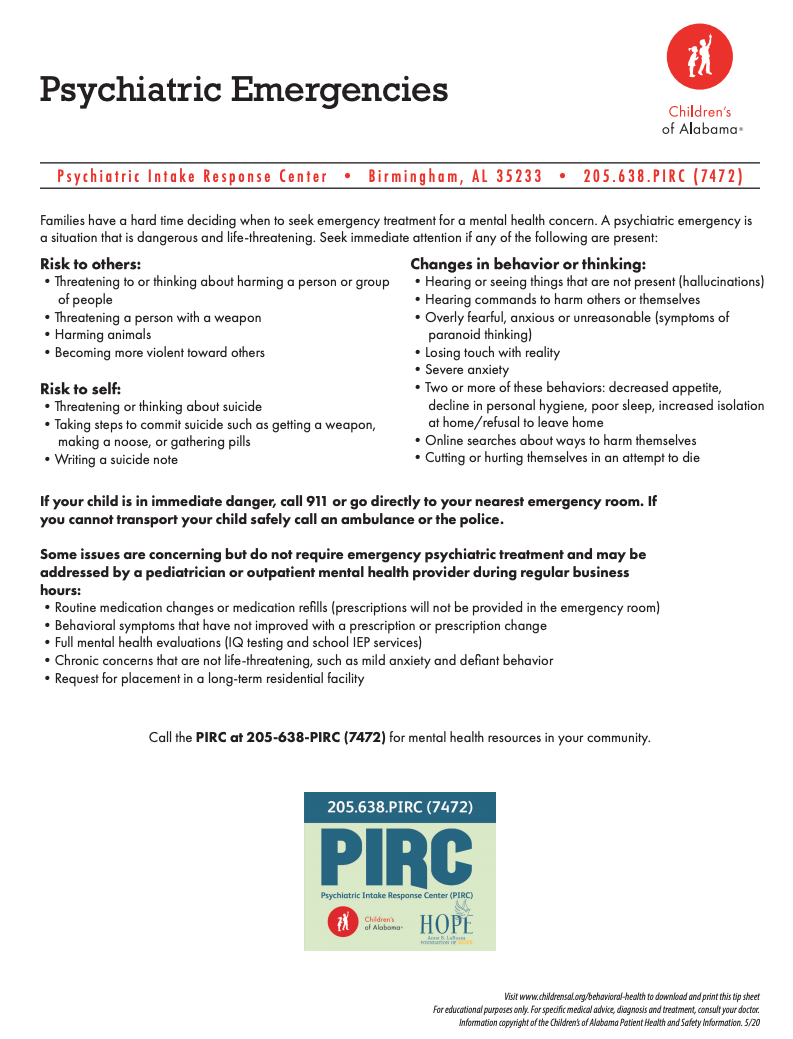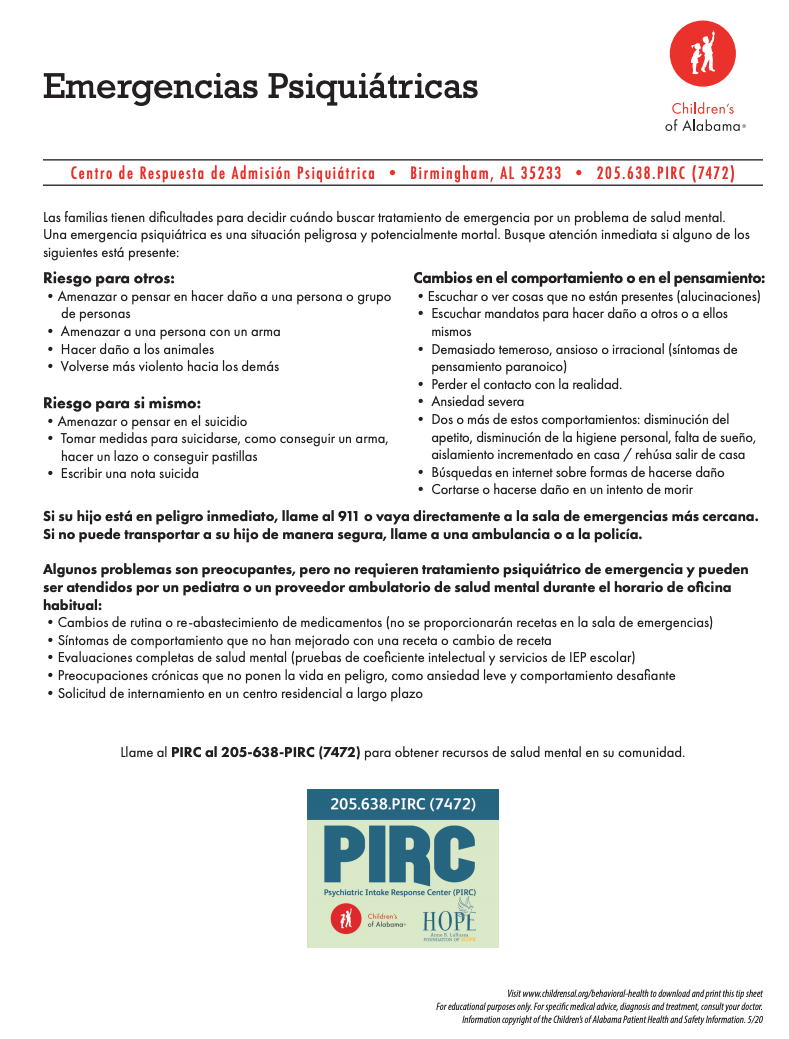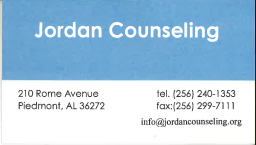Parent and Student Services
Peer Helpers
In light of the new challenges our world is facing with COVID-19 and social distancing, we wanted to ensure that you know how important your students are to us! Whether they will be returning to a school building or learning from home, we know that students are having to adapt to a new way of life with more restrictions and added stressors. We hope these helpful tips, information and resources will be of assistance as you, your student, and your family may be faced with hardships related or unrelated to the global health pandemic.
To help you navigate these hardships and/or conversations, within each resource page you will find “Did You Know?” Facts, Tips, Helplines & Resources. Please notice that we have pages for parents of Kindergarten through 6th grade students as well as pages for parents of students 7th through 12th grades. We encourage you to explore the student resource pages for age-appropriate videos and student tips you can use during conversations with your child.
The link to use for the Parent Resources is…
https://thriveway.com/parent-resources
The link to use for the Student Resources is…
https://thriveway.com/student-resources.
Social and Emotional Learning Resources
Want more information about suicide awareness and prevention?
Please go to https://jasonfoundation.com/get-involved
A Youth Suicide Prevention Seminar for Parents and Communities provided by the Jason Foundation.
“A Youth Suicide Prevention Seminar for Parents and Communities,” is designed specifically for parents. The seminar tackles the tough subject of youth suicide and provides strategies of awareness and prevention for parents and other adults.
WATCH NOW: Introduction Parent and Community Seminar
WATCH NOW: Part One Parent and Community Seminar
WATCH NOW: Part Two Parent and Community Seminar
WATCH NOW: Conclusion Parent and Community Seminar
The Jason Foundation: Parent Resource Program
As a parent you can educate yourself about the magnitude of the suicide problem, encourage local schools and organizations to be involved, and more….Nearly 130 Young People are Lost Each Week. Suicide is one of the leading causes of preventable death in our nation today that can be prevented. For more information on additional parent resources go to: http://prp.jasonfoundation.com/
If you have noticed a pattern of behavior in a young person that is consistent with some of the risk factors and warning signs described in subsequent sections, it is time to take action. Here are some tips on the next steps to take:
The Do's and Dont's
Suicide Prevention Resource Library
What Can a Parent do?
Community and Mental Health Resources
NATIONAL SUICIDE PREVENTION LIFELINE:
1-800-273-8255
DIAL 988
Calhoun County and Surrounding Areas Community Resource Manual
Local Resource
Jordan Counseling
210 Rome Avenue, Piedmont, AL
info@jordancounseling.org
256-240-1352
Dial 211 for Essential Community Services
In many states, dialing “211” provides individuals and families in need with a shortcut through what can be a bewildering maze of health and human service agency phone numbers. By simply dialing 211, those in need of assistance can be referred, and sometimes connected, to appropriate agencies and community organizations.
Dialing 211 helps direct callers to services for, among others, the elderly, the disabled, those who do not speak English, those with a personal crisis, those with limited reading skills, and those who are new to their communities.
How 211 Works
211 works a bit like 911. Calls to 211 are routed by the local telephone company to a local or regional calling center. The 211 center’s referral specialists receive requests from callers, access databases of resources available from private and public health and human service agencies, match the callers’ needs to available resources, and link or refer them directly to an agency or organization that can help.
Types of Referrals Offered by 211
Basic Human Needs Resources – including food and clothing banks, shelters, rent assistance, and utility assistance.
Physical and Mental Health Resources – including health insurance programs, Medicaid and Medicare, maternal health resources, health insurance programs for children, medical information lines, crisis intervention services, support groups, counseling, and drug and alcohol intervention and rehabilitation.
Work Support – including financial assistance, job training, transportation assistance and education programs.
Access to Services in Non-English Languages - including language translation and interpretation services to help non-English-speaking people find public resources (Foreign language services vary by location.)
Support for Older Americans and Persons with Disabilities – including adult day care, community meals, respite care, home health care, transportation and homemaker services.
Children, Youth and Family Support – including child care, after-school programs, educational programs for low-income families, family resource centers, summer camps and recreation programs, mentoring, tutoring and protective services.
Suicide Prevention – referral to suicide prevention help organizations.
Callers can also dial the following National Suicide Prevention Hotline numbers which are operated by the Substance Abuse and Mental Health Services Administration of the U.S. Department of Health and Human Services:
1-800-273-TALK (1-800-273-8255)
1-800-SUICIDE (1-800-784-2433)
1-888-SUICIDE (1-888-784-2433)
1-877-SUICIDA (1-877-784-2432) (Spanish)
Statewide Mental Health Resource
Psychiatric Intake Response Center (PIRC)
The Psychiatric Intake Response Center (PIRC) at Children’s of Alabama links adult callers to mental health resources for children and teens.
The PIRC staff listens to the caller and determines what services are needed for each case. Then, they access a database of providers and recommend multiple resources available in the caller’s community.
205-638-PIRC (7472)
NATIONAL SUICIDE PREVENTION LIFELINE:
1-800-273-8255
DIAL 988

